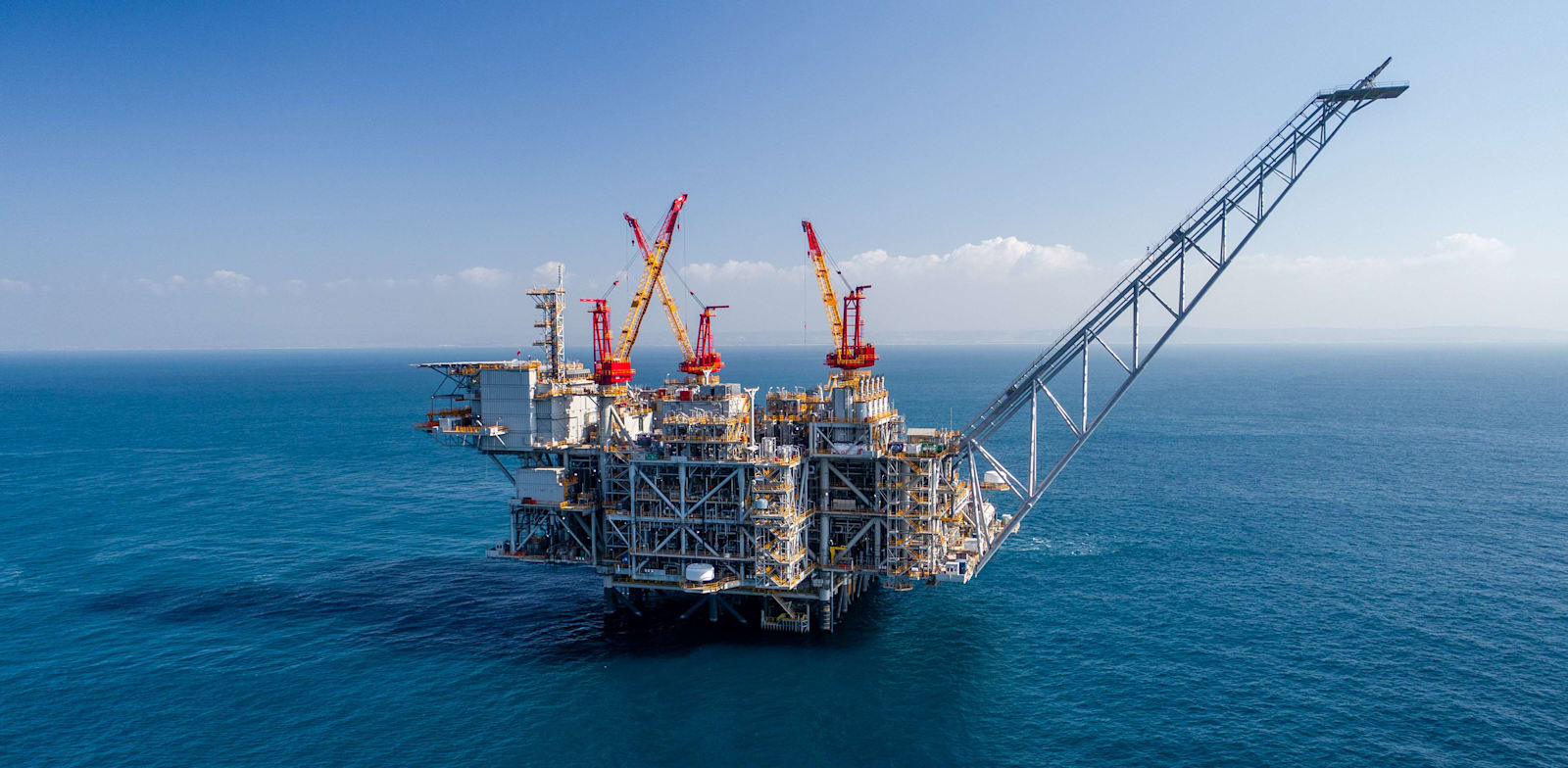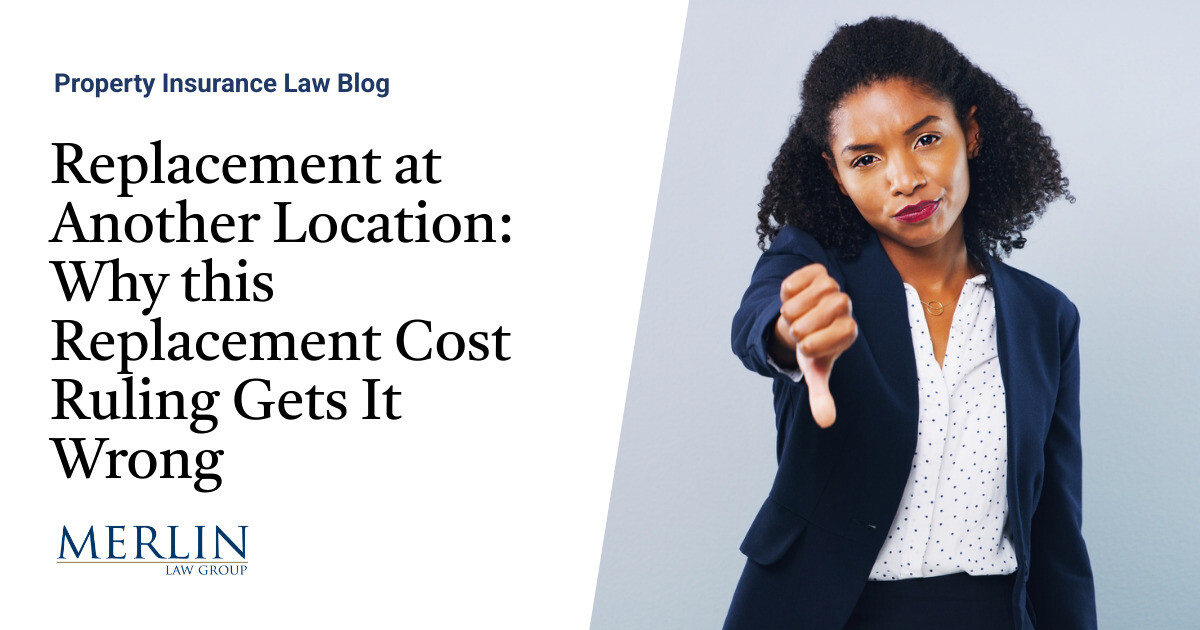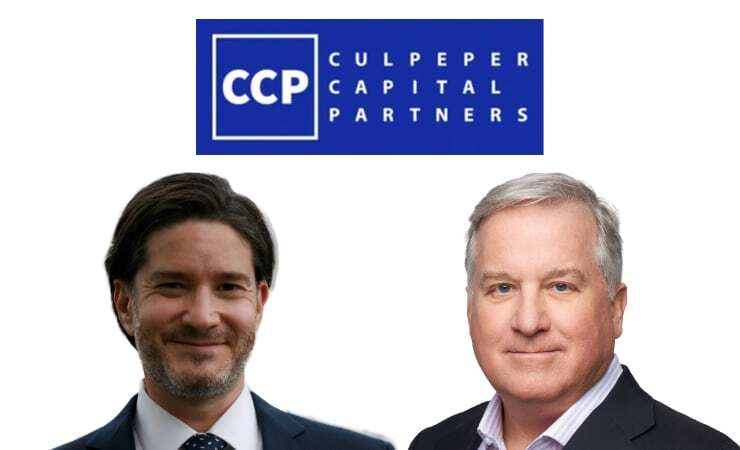© Reuters. European Union’s Special Representative for Human Rights, Eamon Gilmore, speaks during a meeting with Cuban authorities in Havana, Cuba, November 24, 2023. REUTERS/Alexandre Meneghini
By Dave Sherwood
HAVANA (Reuters) -A special European Union envoy said on Friday that U.S. sanctions are worsening the human rights situation in Cuba while reiterating the EU’s call on the communist-run government to release prisoners detained during mass protests in July of 2021.
EU human rights envoy Eamon Gilmore said bilateral talks with top officials in Havana over two days had broached social and economic rights, but also, civil and political rights such as freedom of expression and the right to assembly, or protest.
Gilmore told reporters the U.S. sanctions on Cuba, which sharply curtail financial transactions, tourism and trade, had clear impacts on Cuba’s economy and society.
“It’s hurting the human rights situation because it hurts people on the ground. The people who are impacted are ordinary Cuban citizens who have difficulty accessing food, medicines,” Gilmore told reporters before departing Havana late on Friday following a packed agenda of meetings.
“That’s why the European Union, when we do impose sanctions, we target the sanctions at individuals and entities that abuse human rights, rather than at general populations.”
The U.S. says sanctions are necessary to hold the Cuban government accountable for rights violations and that it makes exceptions for humanitarian purposes and programs to support the Cuban people and private sector.
Gilmore said Cuba had made some progress on women’s rights and gender equality, but doubled down on the bloc’s previous criticisms of Cuba’s handling of protests in 2021, the largest since former leader Fidel Castro’s 1959 Revolution.
The United States and the European Union have both critiqued Cuba’s response to those protests as repressive and heavy-handed. Rights groups say around 1,000 Cubans were jailed for their political beliefs following the demonstrations and several subsequent protests.
Gilmore, who said he met Cubans ranging from President Miguel Diaz-Canel to relatives of jailed protesters, declined to comment on whether he had discussed a potential prisoner amnesty with Cuban officials.
“I don’t want to get into the detail of what we talked about in terms of the prisoners, other than to say the European Union has a long-standing call for the release of prisoners,” he told reporters.
Cuba denies it holds political prisoners and says those detained are guilty of assault, vandalism and sedition, among other crimes.
Tensions around the issue flared just days before Gilmore’s arrival after a prisoner died this week in Cuba, prompting a rebuke from the U.S. embassy, which said it was “outraged” by the detainee’s death.
Gilmore said Cuban officials had provided some details to the EU delegation about the case, adding that there is “an investigation underway and we will know the results in due course.”
Gilmore’s visit to Cuba, which concluded with a formal dialogue on Friday with top Cuban officials on human rights, is a stipulation of a 2016 political and cooperation agreement between the bloc and the Caribbean island nation.
Gilmore described the European Union’s relationship with Cuba as “constructive but critical.”



































